Last Updated on October 20, 2023
Ever wondered why metadata isn’t as popular as it used to be?
Well, there are a few reasons why. Most of these reasons revolve around the fact that SharePoint is modernizing for the better.
In this article, I’ll answer the question of whether or not metadata still matters today in SharePoint Online.
Let’s get started.
Table of Contents:
Why metadata has poor adoption today
There may be more reasons why — but the ones below are the reasons I can think of on top of my head on why metadata has poor adoption today.
SharePoint now uses a powerful search engine that indexes the contents of your tenant first and creates an index out of it.
Below is a good representation of how the current search system works:
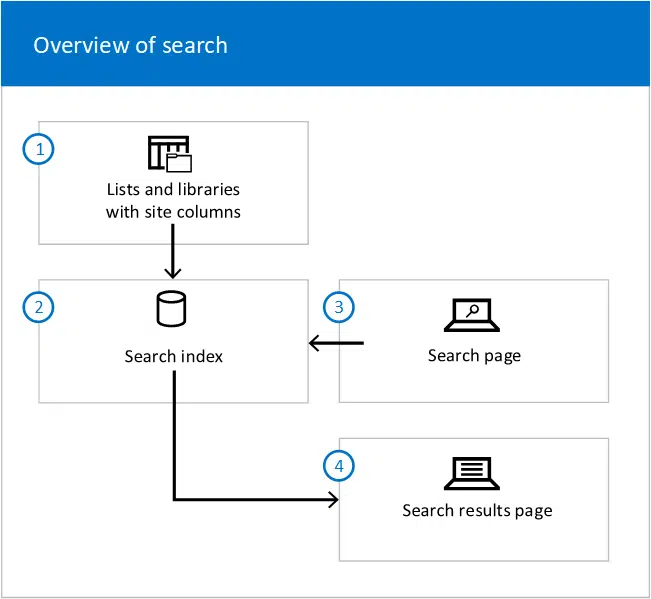
Note: For search tips and tricks, read this guide: Search Guide: SharePoint Search Tips and Tricks Overview.
Specifically, SharePoint search is now based on the Office Graph, which means:
- Search queries are matched with the search index
- User activities affect the search results
Likewise, the search system also scans a document during the indexing process, so the search returns results from keywords found inside an article.
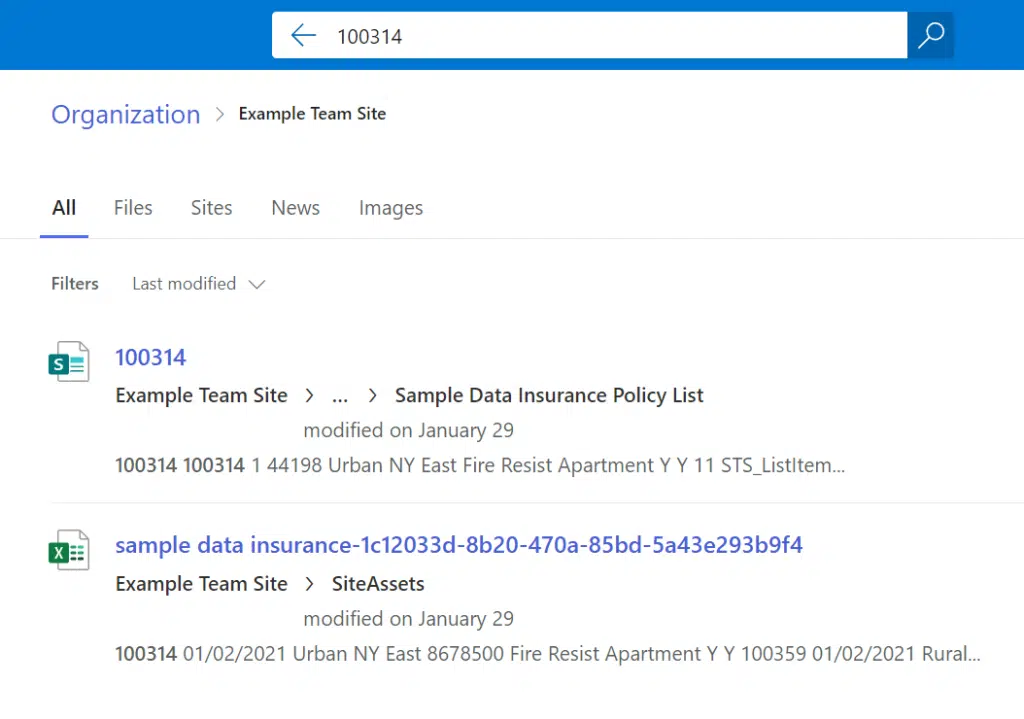
Because of this, some users ditch providing as much metadata as possible and rely on the powerful search to look for documents.
If a document contains the search queries you will be using when looking at it, then even without additional metadata, you will be able to find the document quite easily.
Note: Confused about how metadata works in SharePoint? Check out this beginner’s guide I wrote on how to use metadata.
2. No metadata aggregation and filter in the search
Have you noticed that you can’t aggregate and filter results by metadata in the search?
That’s one reason why metadata has lower adoption these days. Besides the improving power of the search, it’s also almost unnecessary in the search.
For example, as you can see below, the filter function only includes the time — no option or anything for other metadata:
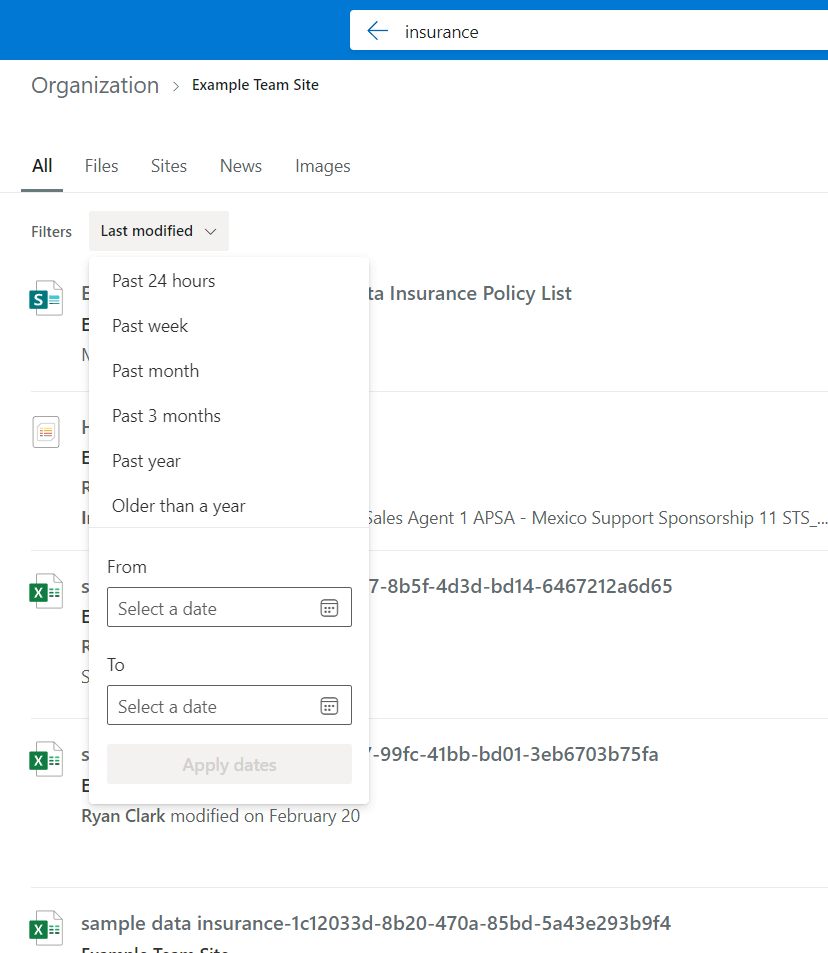
While managed properties are still important and helpful especially when you use the highlighted content web part, it’s not as important when it comes to search.
In the classic experience, custom searches were a thing and they rely on crawled and managed properties to work.
Note: Need more information on how SharePoint search works? Check out this beginner’s search guide I wrote.
3. Microsoft Teams and OneDrive
As more people use Teams, more people ignore adding custom metadata to documents.
Well, that’s because Teams create its own folder for each channel right inside the document library in SharePoint.
Like this:
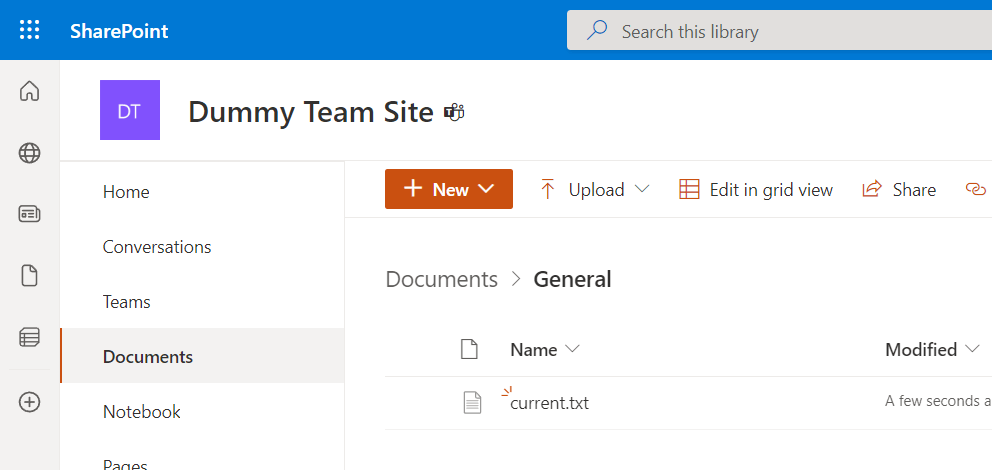
This is significant because whatever files you upload to Teams will be saved in the channel’s folder in the document library.
That means there’s a chance that you will have multiple copies of the same document on the site — or you may have to create another document library as the permanent location.
Another issue here is the fact that users prefer to access files locally rather than through the cloud. This means they rely on OneDrive sync.

The problem here is that syncing documents and folders will not include metadata. They will stay in SharePoint.
Because of this, fewer people view the importance of metadata simply because it’s not part of their workflow or process.
Note: Need more information on OneDrive Sync? Check out this installation and configuration guide I wrote for OneDrive Sync.
Sign up for exclusive updates, tips, and strategies
Why metadata still matter today
On the other hand, there are still important reasons why metadata still matters today. I admit though that many of these are not for regular SharePoint users.
1. Filter functions and highlighted content
Though search doesn’t have metadata filters, all the good stuff went to lists and document libraries.
The modern filters pane has awesome functions where you can use metadata to filter the content:

Likewise, you will see the importance of metadata too when using the highlight content web part:
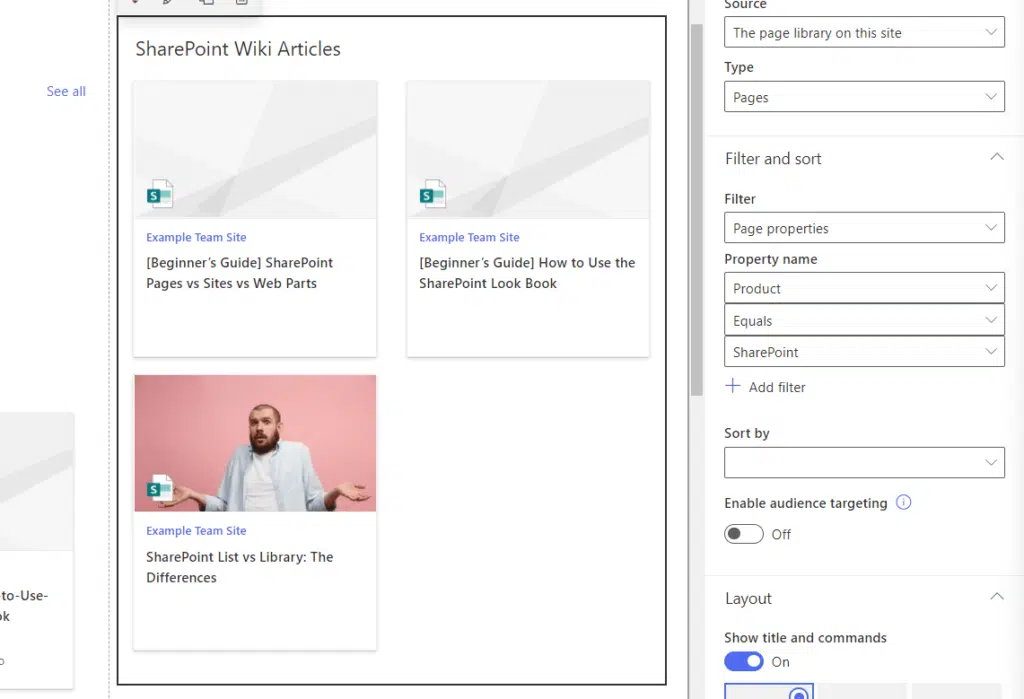
For example, if you create a project management portal, you will want to display wiki articles on the homepage of the wiki site.
Note: For more information on using the highlighted content web part in creating a project management portal, check out this guide.
2. Record management and retention policies
Another important reason why metadata still matters today is the fact that it’s useful in retention and other record management practices.
For example, you can set up archival retention policies that will enable you to add labels to your policies.
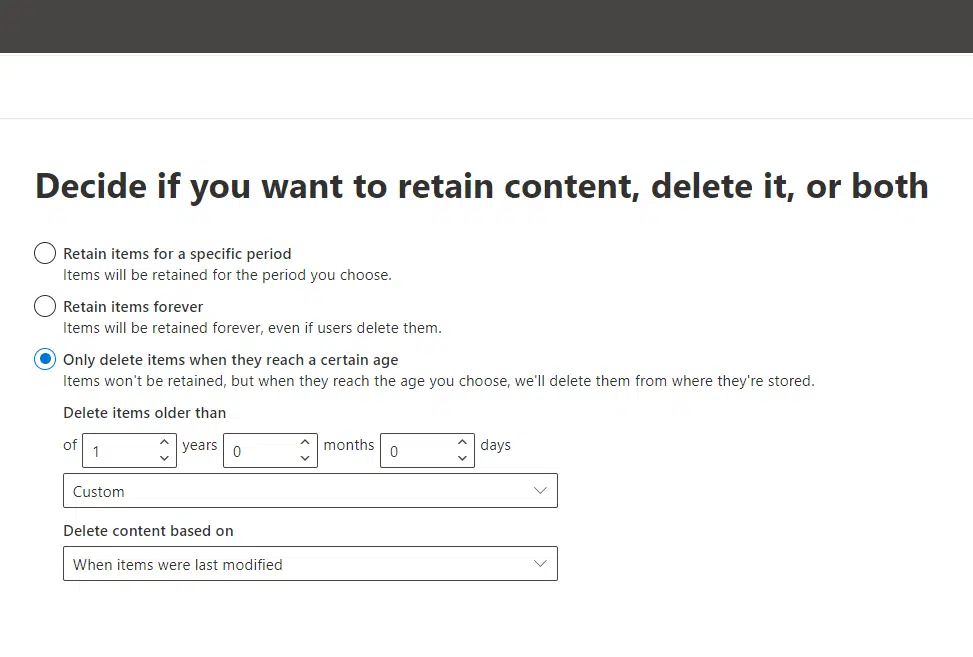
Note: What are the archiving methods available in SharePoint Online? If you’re interested, check out this article for more information.
3. Other minor reasons
Aside from the two main reasons above, there are also others that I consider “minor” (as of today) into why metadata matters:
- Microsoft rolled out the modern experience of the term store. The term store functionality defines metadata in the intranet.
- The introduction of Microsoft Viva will make use of metadata and content types for structured and unstructured content.
How about in your organization? Do you make use of metadata to tag items and documents? Please share your thoughts below.
For inquiries and other concerns, kindly use the site’s contact form and I’ll get back to you as soon as possible.

